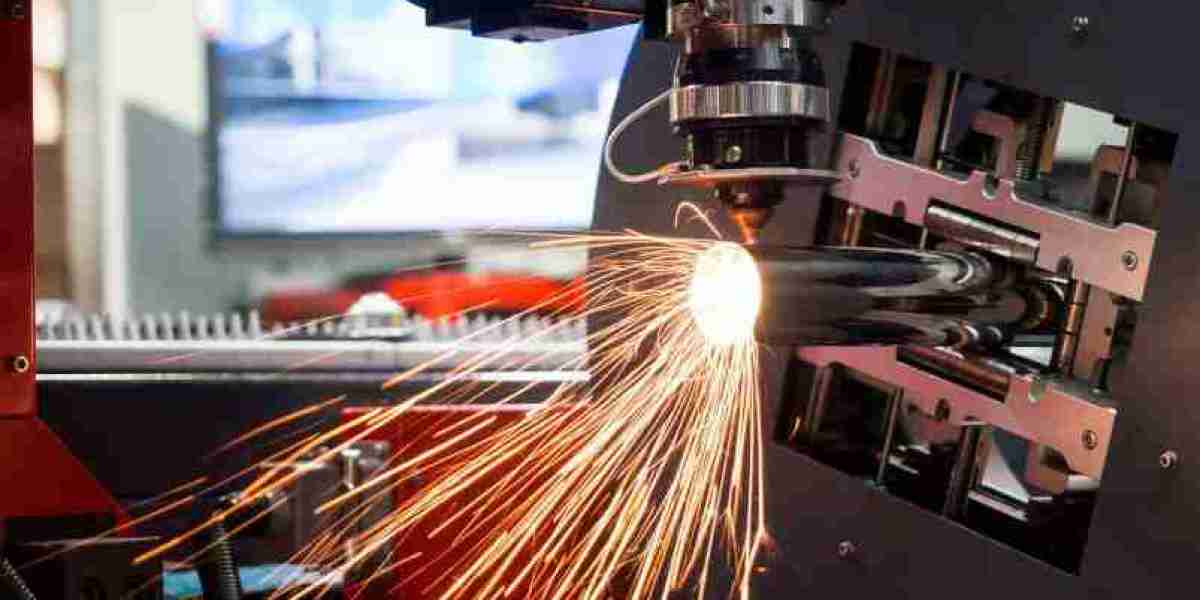Introduction
In today’s rapidly advancing manufacturing landscape, CNC machining services have become a cornerstone of precision engineering. Whether you need intricate components for the aerospace industry, automotive parts, or medical equipment, CNC machining ensures high accuracy, efficiency, and repeatability. But what exactly is CNC machining, and why is it so essential? Let’s explore everything you need to know about CNC machining services.
What Is CNC Machining?
CNC (Computer Numerical Control) machining is a manufacturing process that utilizes computerized controls to operate machining tools. These tools include mills, lathes, grinders, and routers, capable of shaping raw materials such as metals, plastics, and composites into precise components. Unlike traditional manual machining, CNC machining offers unmatched precision and consistency, making it ideal for high-production runs and complex geometries.
Key Benefits of CNC Machining Services
1. Unparalleled Precision
CNC machines can achieve extremely tight tolerances, often within a few microns. This precision is crucial in industries such as aerospace and medical, where even the slightest deviation can impact performance and safety.
2. High Efficiency and Automation
Since CNC machines operate autonomously based on pre-programmed instructions, they can run continuously with minimal human intervention. This automation increases efficiency, reduces production time, and minimizes labor costs.
3. Versatility Across Industries
CNC machining is widely used across various industries, including:
Aerospace: Production of engine components, landing gear parts, and turbine blades.
Automotive: Manufacturing of gears, shafts, and engine parts.
Medical: Fabrication of surgical instruments and prosthetics.
Electronics: Production of circuit boards and enclosures.
4. Material Flexibility
CNC machining can work with a wide range of materials, including aluminum, titanium, stainless steel, brass, plastics, and even ceramics. This adaptability makes it suitable for diverse applications.
5. Scalability and Repeatability
One of the biggest advantages of CNC machining is its ability to produce identical parts consistently, whether for a single prototype or a large production run.
Types of CNC Machining Processes
1. CNC Milling
CNC milling involves rotating cutting tools that remove material from a workpiece. It is ideal for creating complex shapes, slots, and holes with high accuracy.
2. CNC Turning
CNC turning uses a rotating workpiece while a stationary cutting tool shapes it. This process is commonly used for cylindrical parts such as shafts, bolts, and bushings.
3. CNC Grinding
Grinding machines use an abrasive wheel to achieve extremely fine finishes and tight tolerances, making them essential for high-precision components.
4. CNC Drilling
CNC drilling machines create precise holes in materials, often used in industries requiring uniform and accurate hole placement.
Applications of CNC Machining Services
CNC machining is used in nearly every manufacturing sector. Some key applications include:
Prototyping and Product Development
Companies rely on CNC machining for rapid prototyping, allowing them to test and refine designs before moving to full-scale production.
Custom and Complex Parts
From intricate aerospace components to specialized medical implants, CNC machining enables the creation of highly complex parts with exact specifications.
Mass Production Manufacturing
Industries that require high-volume production with consistent quality benefit greatly from CNC machining’s repeatability.
Choosing the Right CNC Machining Service Provider
When selecting a CNC machining service, consider the following factors:
1. Experience and Expertise
Look for a provider with a proven track record in CNC machining. Experience in your specific industry can also be beneficial.
2. Advanced Technology and Equipment
Ensure the provider uses state-of-the-art CNC machines with the latest software capabilities to guarantee precision and efficiency.
3. Material Selection and Capabilities
Check whether the provider can work with the materials required for your project and if they offer secondary processes such as anodizing, powder coating, or heat treatment.
4. Quality Control and Certifications
A reputable CNC machining provider should have strict quality control measures in place, including ISO certifications and in-house inspections.
5. Cost and Turnaround Time
While cost is a factor, prioritize quality and reliability. The cheapest option isn’t always the best when precision and durability are critical.
The Future of CNC Machining
The CNC machining industry continues to evolve with advancements in AI, automation, and IoT integration. Smart CNC machines with real-time monitoring and adaptive controls are set to revolutionize manufacturing, making processes even more efficient and cost-effective.
Conclusion
CNC machining services have transformed modern manufacturing by offering precision, efficiency, and versatility. Whether you need a single prototype or large-scale production, CNC machining ensures high-quality results. If you’re looking for CNC machining services that deliver excellence, partnering with an experienced provider is key.
For top-tier CNC machining solutions, explore expert services that align with your project’s needs and industry standards. The future of precision manufacturing starts here!






